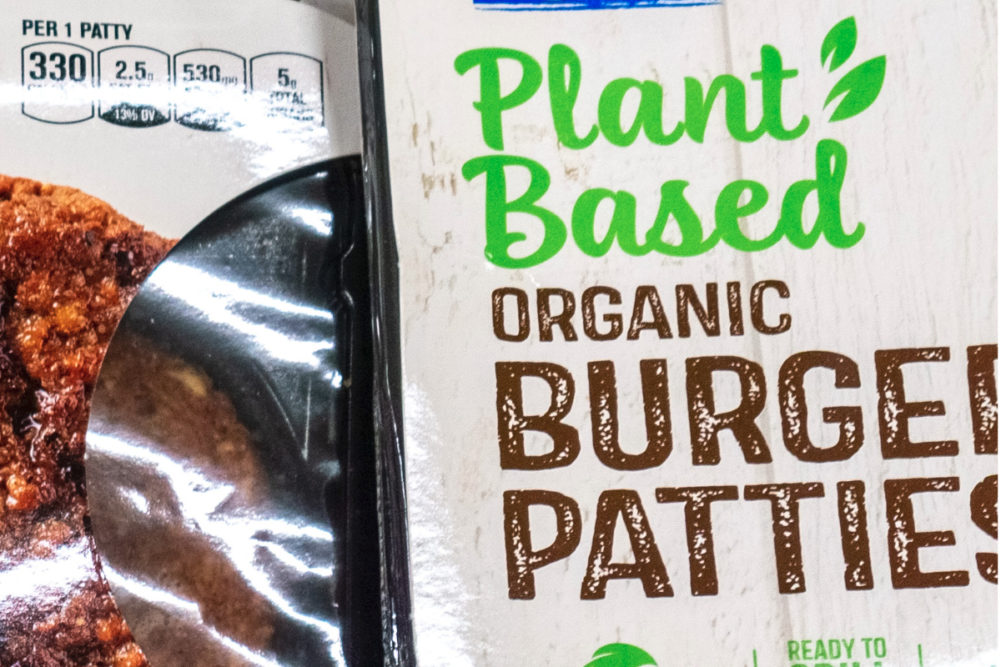LONDON — Transparency and highlighting plant ingredient inclusion is more likely to win over consumers than meat-free or vegan claims, according to GlobalData.
The data and analytics company found 71% of global consumers said plant-based claims are somewhat or very appealing, compared to 42% for meat-free and 39% for vegan.
The reason may be due to the association between plant-based claims and health and wellness attributes.
“There is a clear disconnect in consumers’ minds between what these claims mean and the connotations attached to the definitions,” said Carmen Bryan, consumer analyst at GlobalData. “This is largely rooted in traditionalism and culture. For some, the idea of ‘meat-free’ or ‘vegan’ may be associated with the abstinence of meat, whereas ‘plant-based’ has a much more positive connotation — the inclusion of vegetables and fruit.”
Nearly 40% of consumers associate the term ‘natural’ with plant-based ingredients, she added.

“Health and wellness trends are central to much of the FMCG industry, and that has only become more evident amid the COVID-19 pandemic, which is seeing consumers change their diets to incorporate more immune-boosting products,” Ms. Bryan said. “For many, the option to drink a plant-based smoothie packed full of vitamins is an easy and tasty way to get their health fix.”
While vegans comprise only a small portion of the global population, plant-based claims have positive connotations for flexitarians and low-meat dieters, who may seek healthier, more ethically-conscious foods without abstaining from meats altogether.
“Plant-based as a marketing message capitalizes on the trending popularity of these diets and has wider appeal,” Ms. Bryan said. “Associations with naturalness, another trending claim, only adds to this further.”





